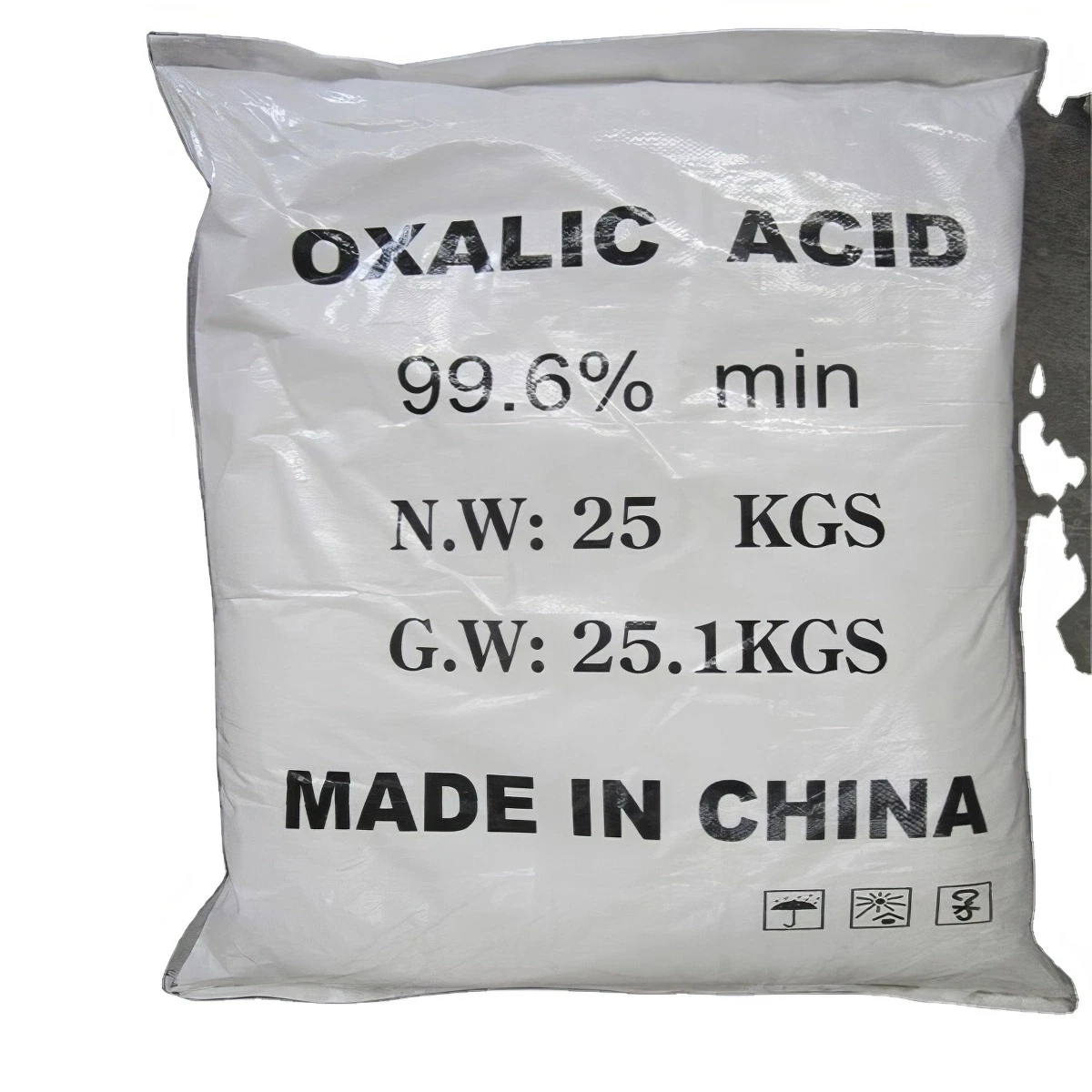



mono potassium phosphate
Mono Potassium Phosphate An Overview
Mono potassium phosphate (MKP), chemically represented as KH2PO4, is an inorganic compound that has gained considerable attention across various industries, particularly in agriculture, food production, and pharmaceuticals. Its unique properties, functionality, and benefits make it a versatile component in many applications.
Chemical Properties and Structure
Mono potassium phosphate is a white crystalline solid that is highly soluble in water. It consists of potassium (K), hydrogen (H), and phosphate (PO4) ions. The compound is generally produced through the neutralization of phosphoric acid (H3PO4) with potassium hydroxide (KOH) or potassium carbonate (K2CO3). Its molecular weight is approximately 136.09 g/mol.
In terms of structure, MKP features a tetrahedral arrangement around the phosphate ion, while potassium ions coordinate with surrounding water molecules. This structure contributes to its high solubility and bioavailability, making it an efficient source of both potassium and phosphorus for plants.
Applications in Agriculture
One of the most significant applications of mono potassium phosphate is in the field of agriculture. As a fertilizer, MKP provides essential macronutrients that are critical for plant growth. Potassium is vital for various physiological processes, including water regulation, enzyme activation, and photosynthesis. Phosphorus, on the other hand, plays a key role in energy transfer, root development, and flower and fruit formation.
MKP is particularly favored in hydroponic systems and fertigation (the application of fertilizers through irrigation) because of its high solubility. It allows for precise nutrient delivery to plants, ensuring optimal growth and yield. Additionally, MKP is known to promote flowering and fruiting in crops, making it a popular choice among horticulturists.
Use in Food Production
mono potassium phosphate

In the food industry, mono potassium phosphate is utilized as a food additive, classified under the E number E340. It acts as an acidity regulator, buffering agent, and nutrient source. As an acidity regulator, MKP can help stabilize the pH levels of food products, which is crucial for maintaining flavor, color, and safety.
Moreover, it is used in various processed foods, including dairy products, meats, and baked goods. The compound not only improves the shelf life of these products by inhibiting microbial growth but also enhances the nutritional value by providing potassium and phosphorus, essential minerals for human health.
Pharmaceutical and Health Applications
The pharmaceutical industry also benefits from the properties of mono potassium phosphate
. It is used in some formulations as an electrolyte replenisher, especially in cases of electrolyte imbalance. The compound is recognized for its role in maintaining cellular function and is often included in solutions administered to patients who require intravenous feeding or fluid replacement.In health supplements, MKP is appreciated for its ability to enhance energy metabolism and support the function of the nervous system. The presence of potassium is particularly important for cardiovascular health, as it helps regulate blood pressure and maintains proper muscle function.
Environmental Considerations
While mono potassium phosphate offers myriad benefits, it is essential to consider its environmental impact, particularly in agriculture. Overuse of fertilizers can lead to nutrient runoff, which contributes to water pollution and ecological imbalances. Therefore, it is crucial for farmers and manufacturers to adopt responsible practices in the application of MKP to mitigate these effects.
Conclusion
In summary, mono potassium phosphate is a vital compound with diverse applications across agriculture, food production, and pharmaceuticals. Its ability to provide essential nutrients efficiently makes it a valuable resource for enhancing plant growth, improving food quality, and supporting health. As industries continue to evolve, the multifunctionality of MKP ensures its relevance in sustainable practices and innovation. By harnessing its benefits responsibly, we can work towards a more productive and eco-friendly future.
-
Why Strontium Carbonate Still MattersNewsJun.06,2025
-
Why BaSO4 MattersNewsJun.06,2025
-
Why Barium Carbonate Still MattersNewsJun.06,2025
-
Strontium Hydroxide: A Versatile Compound for Modern ApplicationsNewsJun.06,2025
-
Strontium Chloride in Daily IndustryNewsJun.06,2025
-
Pure Potassium Nitrate for SaleNewsJun.06,2025
-
What Is Sodium Bisulfate Used For?NewsMay.15,2025










